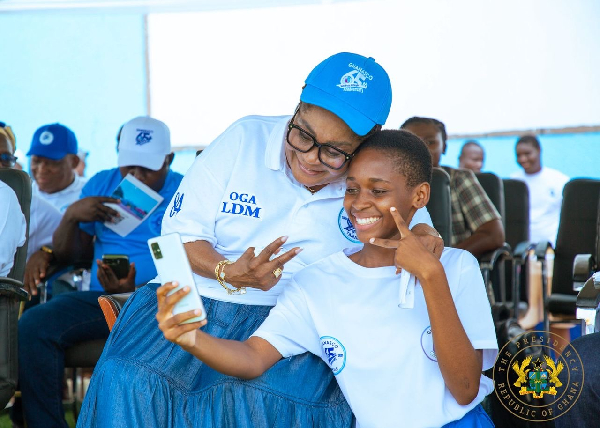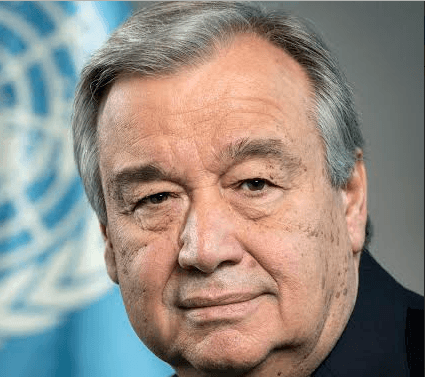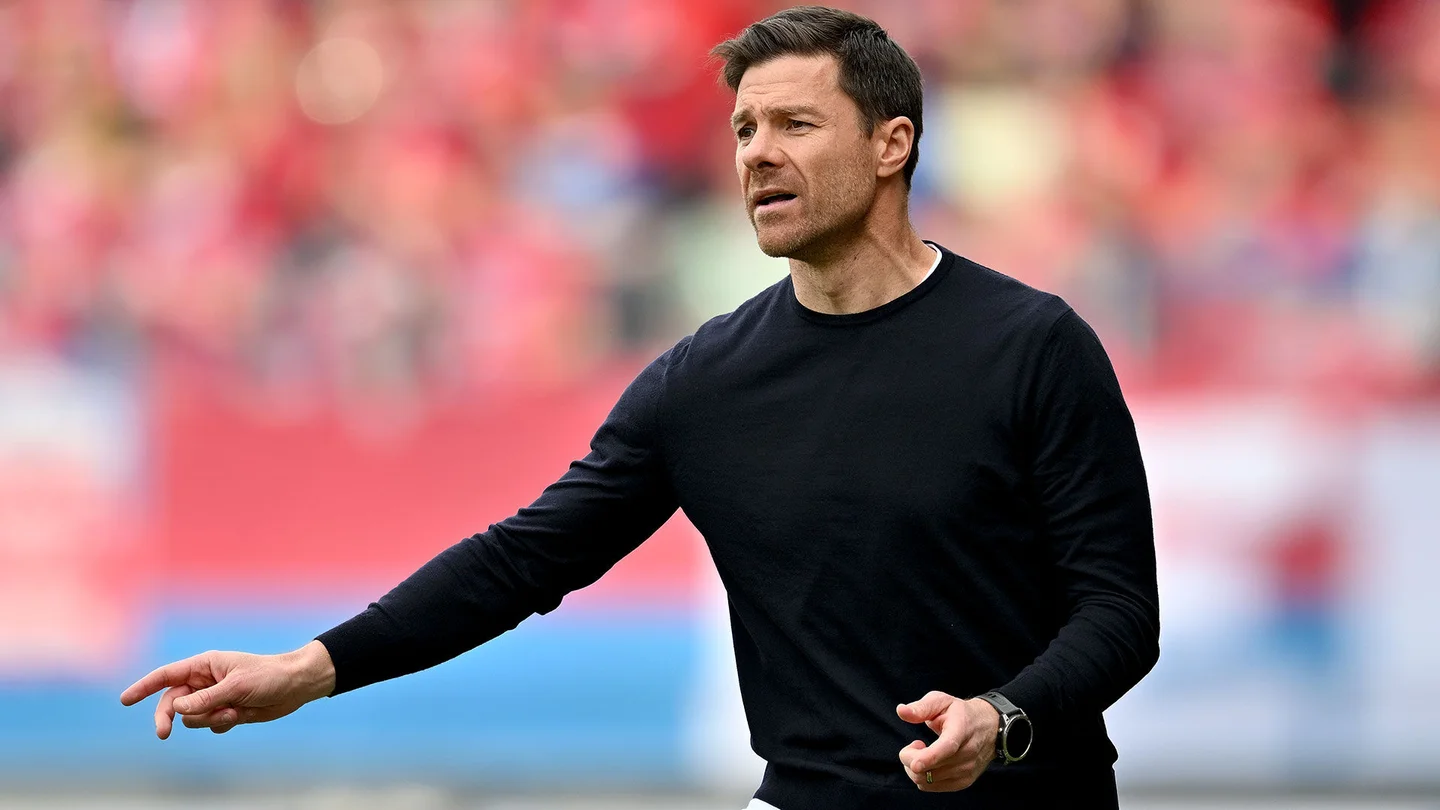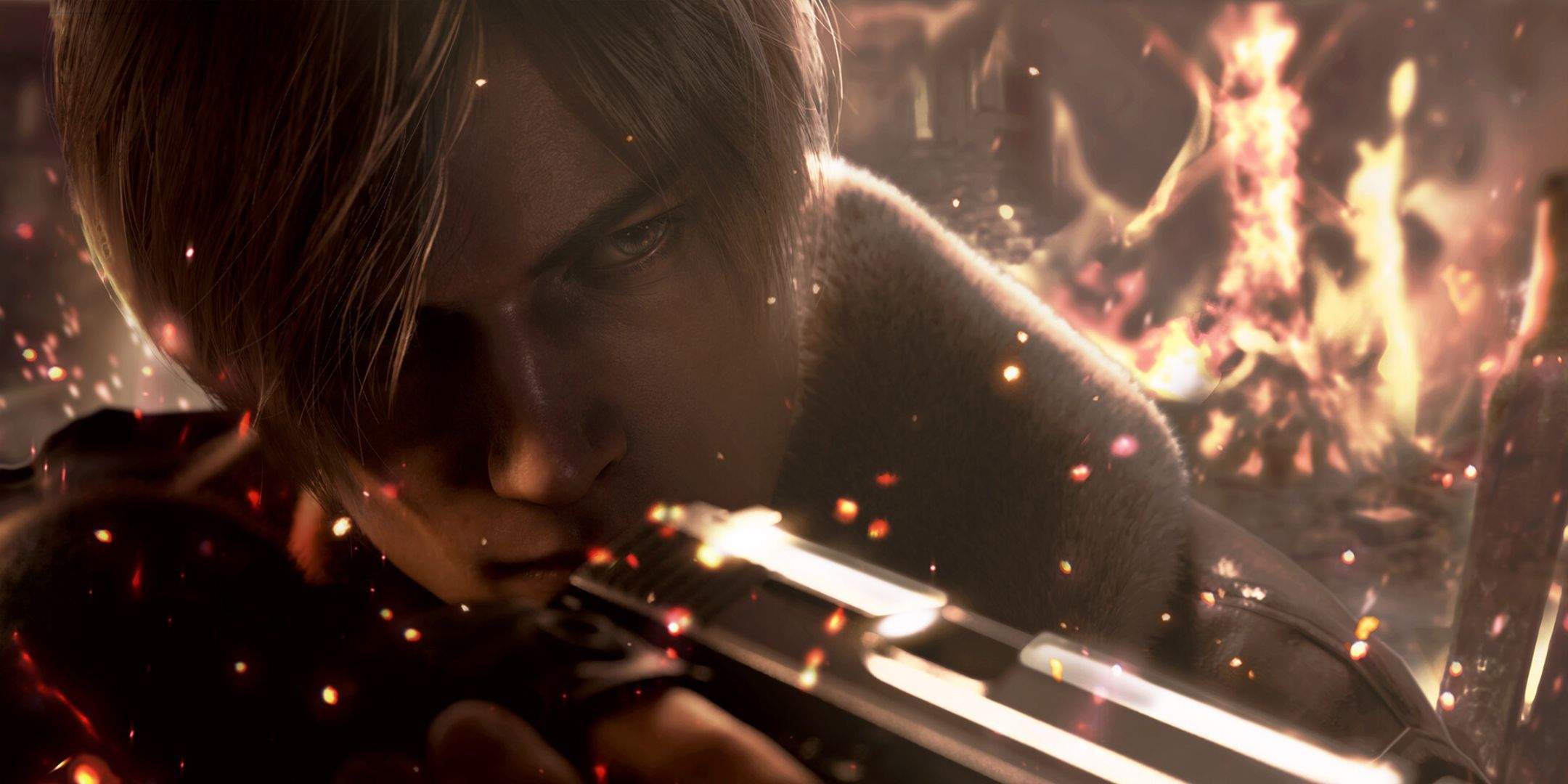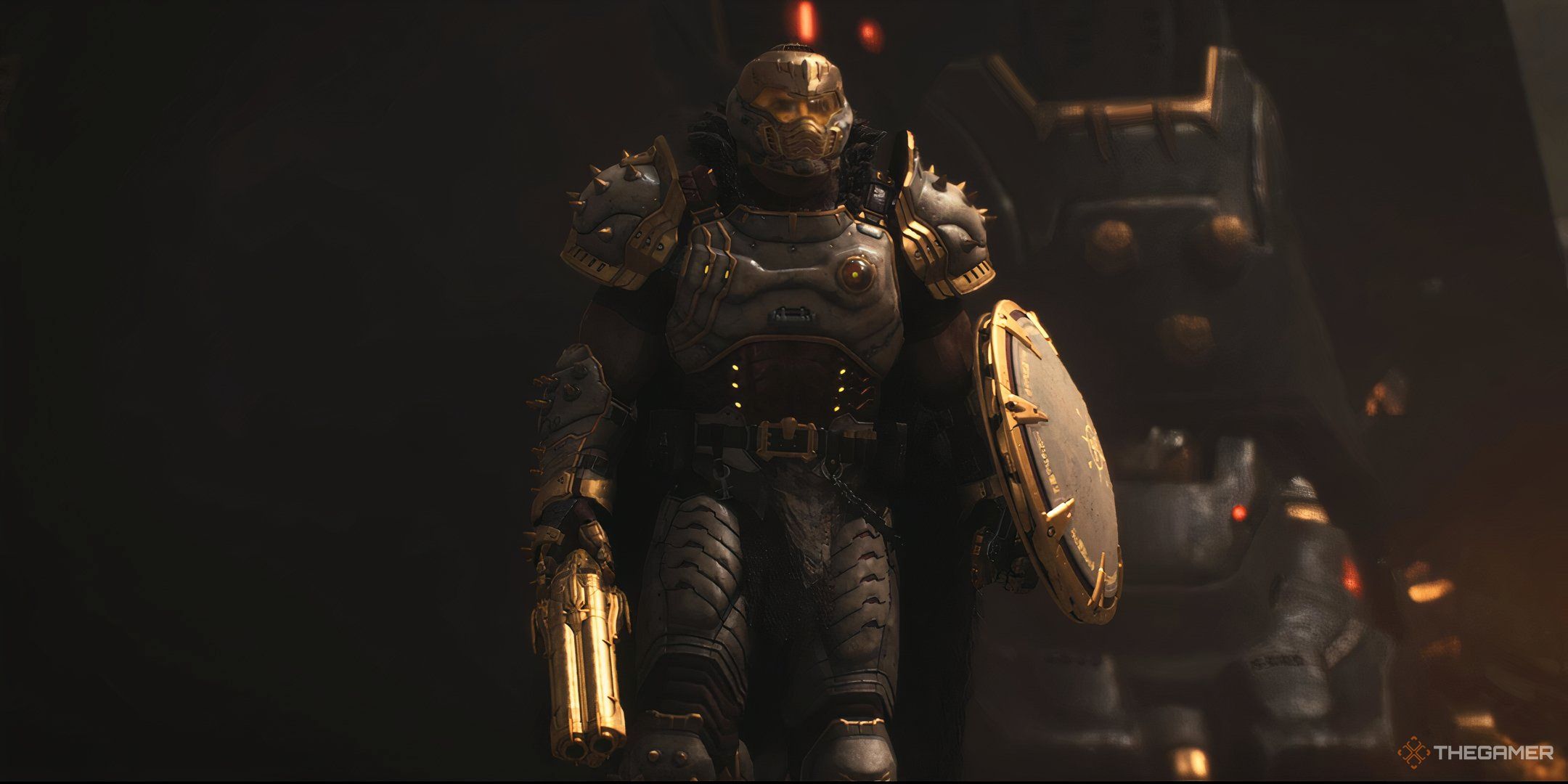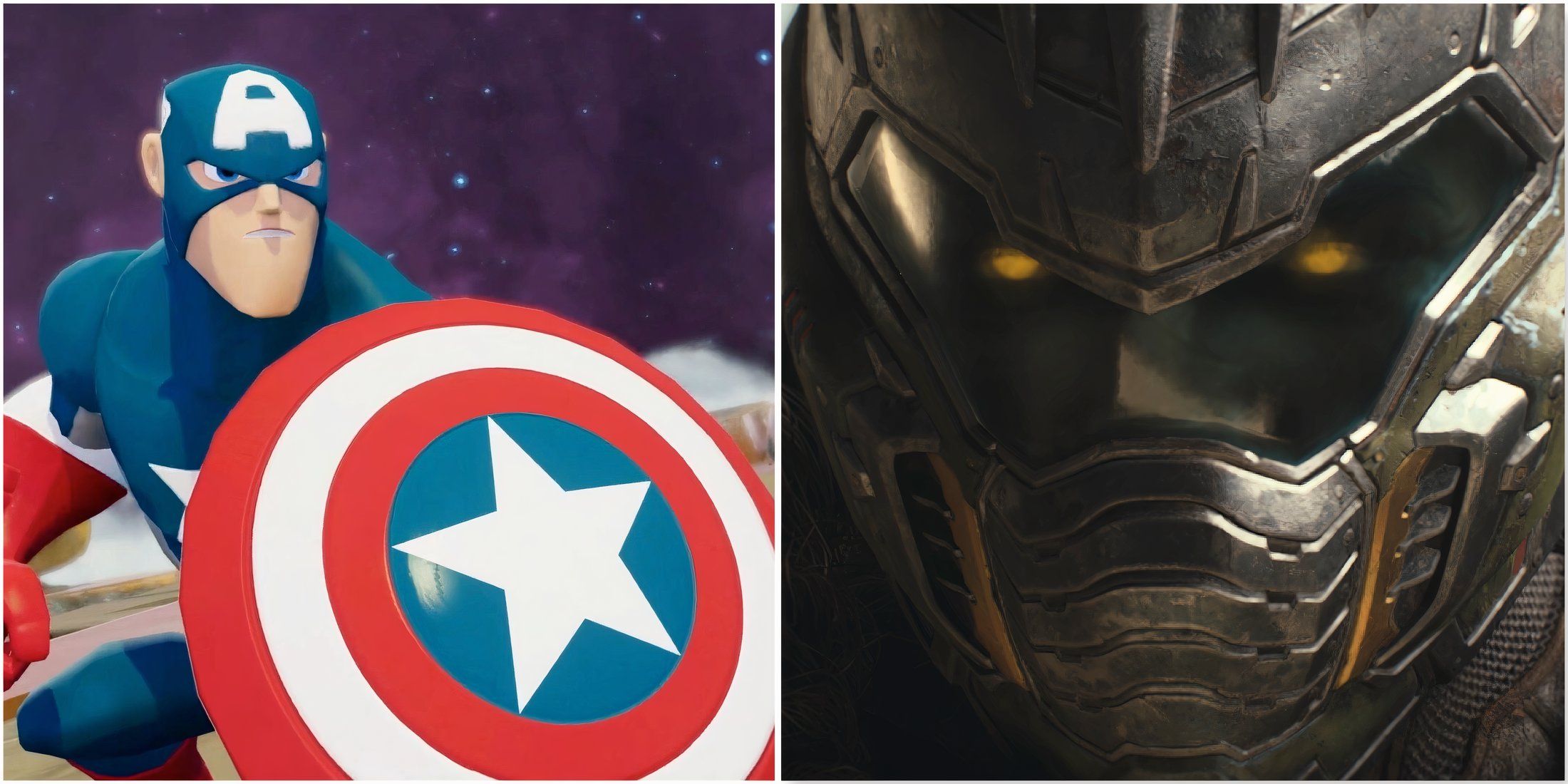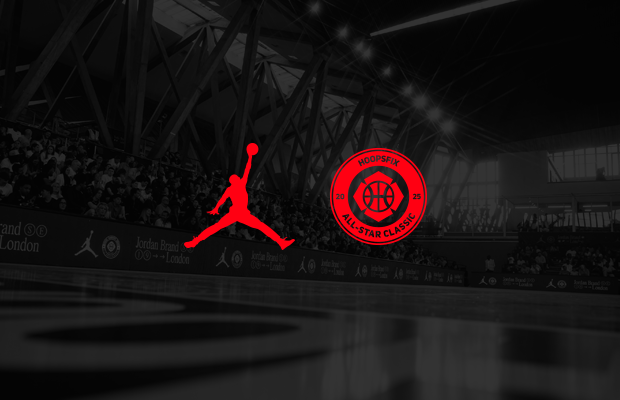PEE-WEE AS HIMSELF: Filmmaker Matt Wolf on his two part HBO film - Interview
Posted: May 24th, 2025 / 06:35 PM
PEE-WEE AS HIMSELF movie poster | ©2025 HBO
Pee-wee Herman was a character so beloved that people often confused him with his creator/portrayer, the late Paul Reubens (1952-2023). Pee-Wee is an exuberant childlike persona who can be selfish and bratty, but is unafraid of being bold and encountering the odd and the weird.
Reubens first developed Pee-Wee when he was part of the Groundlings improvisational troupe in the 1970s, then centered a stage show around the character. In 1985, he wrote and starred in the feature film , which gave a major launch to not only Reubens’s career, but that of the movie’s director, Tim Burton.
Then Reubens created and starred in the CBS Saturday morning series , which won fifteen Emmys over the course of its 1986-1991 run. There was another Pee-wee feature, 1988’s , plus Netflix’s 2016 , along with a Broadway stage show.
Herman also had an acting career outside of Pee-wee, with roles in the original 1992 and (the latter as Penguin’s father, a character he reprised on the TV series ), among many other credits.
But Herman also had to battle homophobia, arguably a contributing factor in his 1991 arrest for indecent exposure. After this, he began giving interviews as himself rather than in his Pee-wee persona.
Now filmmaker Matt Wolf’s two-part documentary about Reubens, , is premiering on HBO on Friday, May 23, thereafter available on demand on the network’s premium cable and streaming platforms, including HBO MAX.
Wolf is originally from San Jose, California. His other documentaries include , , and . At a Q&A session hosted by HBO, he talks about the dramatically complex process of putting together, including Reubens’s death before the project was completed.
“I came of age on ,” Wolf says of his first encounter with Reubens’s work. “I wouldn’t have been able to put words to it at the time, but I think it was my first encounter with art that I felt emotionally involved in. I was transfixed by that show … I’m not a fan type, that just felt embedded in my DNA as a creative person.
“Looking back now, I recognize that show created a space for a certain kind of radical acceptance where creativity thrives. And as a gay filmmaker, I also recognize things like Pee-wee Herman marrying a bowl of fruit salad at a slumber party or dancing in high heels to the song ‘Fever’ spoke to me.”
Wolf thinks Reubens’s circumstances were unique. “He completely severed himself from his alter ego. And that really worked for Paul in terms of maintaining his anonymity and also making Pee-wee a believable character … And while his work espouses values of self-acceptance, he struggled with that himself.”
Reubens also, per Wolf, had issues with the notion of somebody else making a movie about him. “Paul said when I met him, ‘I want to direct a documentary about myself, but everybody’s advising me against it, and I don’t understand why.’ And I said, ‘Well, I’m here to meet with you about me directing a documentary, so why don’t we get to know each other and see if we can conceive of a process?’ It was a lot of talking and processing to get Paul to sit into that interview chair.”
Wolf expected an “epic” conversation, and that’s what transpired. “Paul had an extraordinary recall for details from his childhood, like the color of the wallpaper in his bedroom. He could talk about that for an hour. So, I was prepared to do that.”
At the same time, Reubens was somewhat resistant. “When Paul sat down, he was very rebellious and slippery. He wouldn’t follow my lead with any questions. He wanted snacks, pretzels, lollipops. He would make funny facial expressions, and it was a competitive dynamic.”
Wolf recalls, “Before the shoot, I said, ‘Typically, when we do these interviews, people get tired [after] around five hours.’ And he said, ‘I’m not going to get tired, you’re going to get tired.’ I said, ‘Well, actually, I could literally go on forever.’ So, it was game on from the beginning.
“But he was rebelling, procrastinating, giving me a hard time. I said to our producer, Emma Tillinger Koskoff, ‘I don’t know if this is going to work.’ She said, ‘This stuff is great.’ And I said, ‘But he’s not answering any of my questions.’
“And it occurred to me then that this is who Paul is. We’re seeing him in real time, in theory, rebelling against me, but he’s really grappling with himself about how much he’s willing to share. I just felt in the zone. I felt determined to get Paul to open up and to be his authentic self. And I was being tested, and I wanted to meet my match in a way, so I didn’t feel frustrated or exhausted.
“I felt determined, but also, it was thrilling to go this deep. I’ve never been able to, or I don’t know if I ever will [again], go this deep with another human being, to interview them in an intimate way. It was thrilling to be able to excavate this much material from him and to collaborate. What started as a five-day interview process ended up unfolding over ten days. We shot forty hours of interview. We were scheduled to shoot more.”
For a time, Wolf was unsure of would be able to be completed. “I was cognizant of how extraordinary the material was. I wanted to earn Paul’s trust and to convince him of what was at stake and what would be lost if the film didn’t come to fruition. I showed him forty-five minutes of the film, which he agreed was excellent. But there was other stuff going on behind the scenes that I was unaware of [with] his health.”
Prior to his death, Reubens had not discussed the state of his cancer diagnosis with Wolf and the filmmaking. All Wolf knew was that he was in a tug-of-war with his subject during the editing process. “We had a back and forth trying to come up with a solution. I had been promised final cut, and Paul was given ‘meaningful consultation,’ which is a pretty commonplace arrangement in documentaries now, but one that begs to be clarified. It’s pretty amorphous. It’s a dance that we do to figure out how to include somebody, both for fact-checking and to take the temperature of how they feel about the representation of their story, and Paul and I were at odds about that.
“I didn’t want to do a puff piece, but I also didn’t want to do a hit piece. So, there was only so much I could assure Paul of that. He wanted to be very hands-on and involved in the edit, and I am a stubborn person who wanted to protect the integrity of my process. I wanted to do for Paul what I said I would do, which is to create a nuanced and complicated portrait of an artist, and to reappraise the significance of his work, so that people would stop looking at his arrests as the first point of entry into Paul Reubens. But I didn’t feel that I could accomplish that with the level of control that Paul wanted.”
This went on for about a year. Wolf prepared himself to move on to other projects. “Then suddenly we heard that Paul was ready to finish his interview, to sign his release, and that it needed to happen within two weeks. It was shocking, to say the least, because I didn’t know what it would actually look like for us to proceed. But I got a call from Paul, and he wanted to discuss how the final interview would go.”
It was then that Wolf felt that “something was clearly off. I [knew] there were things going on with his health, but I did not have the context to understand the full gravity of it. We had this private conversation in which he said things that gave me confidence that I could proceed, and that he would let me do what I do.”
And then, a week after that discussion, came July 30, 2023. “I’m en route to Los Angeles to proceed with filming this final interview, and I got a text from my executive at HBO with a post from Instagram that announced Paul Reubens had passed away.
“I was in total shock. I called Emma, our producer, and it was just surreal, like nothing you can imagine experiencing, that someone you’ve spoken to for literally hundreds and hundreds of hours could keep a secret like this from you.
“And then I got a call from Kelly Bush Novak, who was Paul’s publicist, but also a very close friend. She said, ‘I tried to get you before the news broke, but I couldn’t, but Paul recorded something for you, for the documentary. He had things to say, but he ran out of time.’
“So, I went to Los Angeles to try to just understand what had happened. I went into Kelly’s office and she played the audio for me, and it was devastating. But he wanted what he had to say to be in the documentary, and I had to figure out a way to use that not in a sensational manner.”
Beyond mourning the loss of Reubens as a human being and a colleague, “I was grieving a project that I thought might not ever be released or come to fruition. And then I found myself in extraordinary circumstances to finish it, and understood how high the stakes were.
“To relay Paul’s final words to the rest of the world – someone who was hardly known personally, but revered artistically, that’s a big responsibility. But working with that audio was particularly challenging. I had to reckon with the tragic dimension of what had transpired, but also try not to make a film that purely was a tragedy.
“I went back and forth a lot with a lot of ambivalence about where to put that. And HBO was so supportive of my process. And finally, the week we were locking the picture on the film, I put that audio where it lives now. And we all agreed as collaborators it was the right way to bridge the ending of the film.”
Wolf acknowledges the making of “changed me. The intensity was so extreme. It made me feel confident that I can handle anything. It made me confident that I can rise to the occasion under really extraordinary circumstances.
“But while dealing with Paul, I came to understand how scary I am as a documentary filmmaker approaching a subject. I don’t think of myself as scary – I’m nice. But the whole enterprise of somebody coming into your life, and looking to make your life the raw material for their work and say, ‘I get final cut, and now we’re really close and we’re friends, could you please bare your soul to me?’ That is weird, and I came to understand how scary that was.”

